"Sinners" Review: A Fun But Empty Ride
A good time will be had, but its social commentary isn't nearly as sharp as the fangs.
Recent ReleaseAs a late-stage millennial, it’s hard not to resent the perception that we’re lazy. Every prior generation thinks youngins are lazy, but there’s a specific way in which millennials are perceived as such that’s intensely irksome.
See, whether you were born at the dawn of the era in the early ‘80s or at the end of the line in the mid-’90s, everyone says the same thing: we had it easy.
Why? Because we’ve been coddled beyond belief, to the point that the foundational aspects of life - those character-building obstacles one must hurdle to effectively endure the world - have been bypassed. We never had to lose: everyone got a trophy, even for simply showing up and participating.
As such, we’re collectively hypersensitive and incapable of facing reality. We’ve crafted a self-love movement that excuses all of the world’s difficulties as a mental health crisis. We don’t rub dirt on the wound or pull ourselves up by our bootstraps. We try; success is irrelevant.
Of course, the endless Boomer and Gen-X propaganda machine neglects the fact that no five-year-old ran up to a judging panel and Karened their way into a blue ribbon; it was the Boomer grannies and Gen-X dads using their kids to rectify their childhood disappointments who demanded their millennial children receive arbitrary awards. The entire cultural perception of millennials was built by the underachievers of yesteryear.
Regardless, each millennial was raised on a principle that seems reasonable in youth but less so as we age into self-assuredness: A for Effort.
Try as we might, we cannot shake the feeling that someone should receive credit for trying even if they fail, be absolved from criticism because effort is most important, and that if you gave it the old college try, the result is meaningless.
It makes criticizing films interesting because this idea is largely a crock. Effort is important, but it’s important in developing the final product: no one deserves a pass if that final product isn’t up to snuff.
If one views Sinners through that lens, it is simultaneously one of the easiest and most difficult films to criticize. On the one hand, it’s undeniably entertaining, though in a subtle way where you feel actively compelled to keep watching despite the lack of actively engaging occurrences on screen. It’s well-paced and artfully shot, with gripping performances and an intriguing central story. Sure, vampires have been beaten into the ground deeper than six feet by now, but we can’t avoid everything that’s been done before; we’d have no more stories to tell. Despite the marketing giving the “twist” away, if taken at face value, it’s an Exorcist-style head spinner. Unfortunately, that’s just as much a good thing as a bad thing.
In an effort to be different, Sinners wants to be the same. It’s a tale as old as time, like that teenager in the late 2000s who straightened her hair like Hayley Williams and wrote nihilistic goth poetry and insisted she “wasn’t like other girls.”
Sorry, Kaylee, you were just like other girls, because literally millions of teenage girls just like you exist, doing the same crap in the same way with the same style for the exact same length of time.
It’s a shame, really. Michael B. Jordan is at his least obnoxious, and while she fails miserably at the accent, it’s nice to see Hailee Steinfeld show morsels of what makes her True Grit turn one of the century’s finest. The rest of the cast is magnetic, the cinematography creates a highly individualized visual impression (quite impressively just as much during the night scenes as the daytime sequences), and Ludwig Göransson is at it again, delivering a score boiling over with dread and unease.
Most of all? It has that unquantifiable quality that keeps you glued to the screen (mostly). A chef can have all the finest ingredients in the best-equipped kitchen in the world, but if he doesn’t instinctively understand food, the dish won’t compare to grandma’s bargain bin spaghetti. It’d be insincere to say Coogler completely possesses that understanding; he’s no Joseph Kosinski. Still, he can churn out a movie that actually holds your attention and keeps you wanting more, and that’s more than most directors can say these days.
Still, we can’t ignore the other side of the coin: all the things the movie wants to say and do and be. Under that stress, Sinners falters, because it wants to be seen as something that it’s not and, in fairness, may be incapable of being. It’s the sort of movie where you keep looking for profound symbolism because that’s the film’s calling card, but when you leave the movie and ask what all the fuss is about, and people inform you incredulously of the movie’s intellectual aims, you go, “Oh, that?”
Yes, holding onto your cultural roots is important. Yes, cultural appropriation (actual cultural appropriation, not the “Ugh, I need to feel important without making an actual effort” keyboard warrior kind) is wrong. Yes, Americans lack a sense of cultural identity due to their nation’s status as a hub for immigration, leading to a societal need to feel at one with the world that extends beyond what’s ultimately reasonable for any one society, or even one human and leaving us starved for a sense of community and identity while feeling an innate compulsion to unite as one. Yes, we are all sinners.
However, you could just as easily argue that the film’s attempt to rope in a bevy of historical and cultural context without fully exploring its foundations and implications, like the Irishman being the patient zero of the gradual corrupting of the black experience, or Mary’s place in the community despite her being white-passing, leaves it open to being misinterpreted just as easily, or perhaps more so, than being interpreted “correctly.” If a director wants people to see it however they were going to anyway, then rely on the interpretation that claims their work is genius, so be it, but that doesn’t make it actual genius.
It’s almost convenient for Sinners that it got released at the height of the second Trump Administration’s DEI repeals and the general Woke Panic that’s permeating the conservative right, akin to the “Satanic Panic” of the ‘80s. Audiences were at fever pitch going into it, and what would’ve ordinarily been just another movie became something more. Even if a limp one, it was some aim at the nonsense occurring in this country, and for many, that will always be good enough.
Ultimately, if one detaches themselves from their own perspective and views films through a more general lens, so long as commentary exists, the quality of its presentation is irrelevant because movies are made for mass audiences and therefore sending the message is what matters. However, that veers dangerously into the territory of doing precisely what Sinners cautions against: over-assimilation, so we’re going to adopt the practice the film preaches and stand our ground. Is Ryan Coogler’s surprise box office smash technically sound, gripping in all the right ways, and entertaining in an effortless, unique way we rarely find in a theater, making it an important film for studios to take notes from so as not to forever condemn audiences to a conveyor belt of hackneyed tripe?
Yes.
Is it also far from being the force of social commentary its purveyors claim, ultimately acting as most films of its ilk do, where it’s better for them to simply exist as entertainment and avoid trying to do in a couple of hours what actual society hasn’t done in a couple of centuries?
Yes.
The verdict? It’s good. It’s lazy, evoking the typical millennial perception because it seeks to mask its thematic emptiness with generalities and bank on that dreaded “A for effort” mentality, but it’s good. It’s good at what it is inherently, and not so much mediocre but fruitless at what it tries to be. It is a movie that does not deserve credit for trying because, as Yoda would say, “Do or do not, there is no try.” However, it does deserve credit for succeeding where it does, and that’s at being a very solid, enjoyable, and ultimately forgettable movie experience, and there’s absolutely nothing wrong with that.

64
Director: Ryan Coogler
Studio: Warner Bros.
Running Time: 137 minutes
Release Date: April 18, 2025
Cast:
Michael B. Jordan - Smoke Moore/Stack Moore
Hailee Steinfeld - Mary
Miles Caton - Sammie Moore
Wunmi Mosaku - Annie
Jack O’Connell - Remmick
Delroy Lindo - Delta Slim
Jayme Lawson - Pearline
Li Jun Li - Grace
Yao - Bo Chow
Screenplay: Ryan Coogler
Editor: Michael P. Shawver
Cinematographer: Autumn Durald Arkapaw
Score: Ludwig Göransson

%20(13%20x%206%20in)%20(13%20x%204%20in).png)



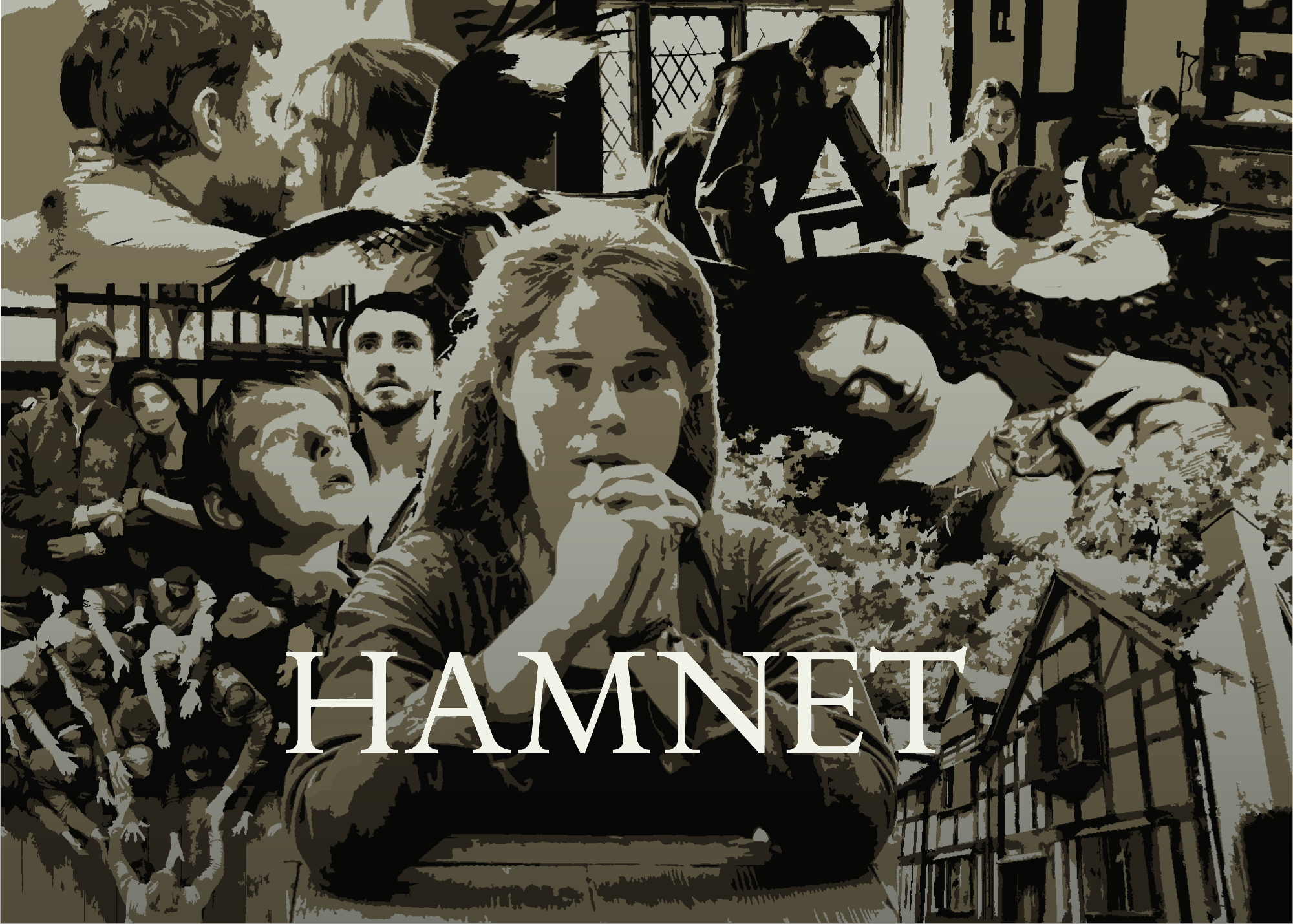

.jpeg)

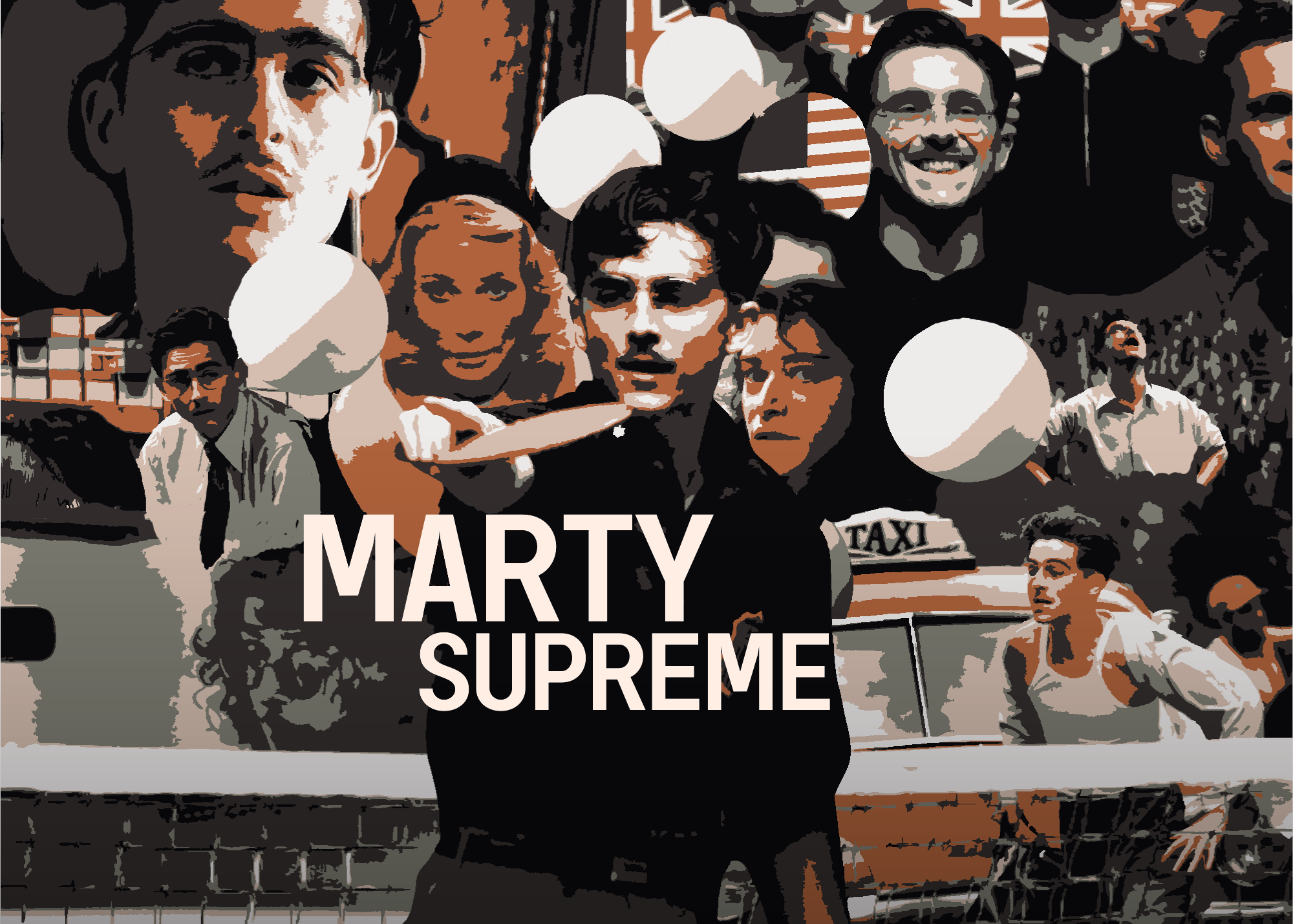


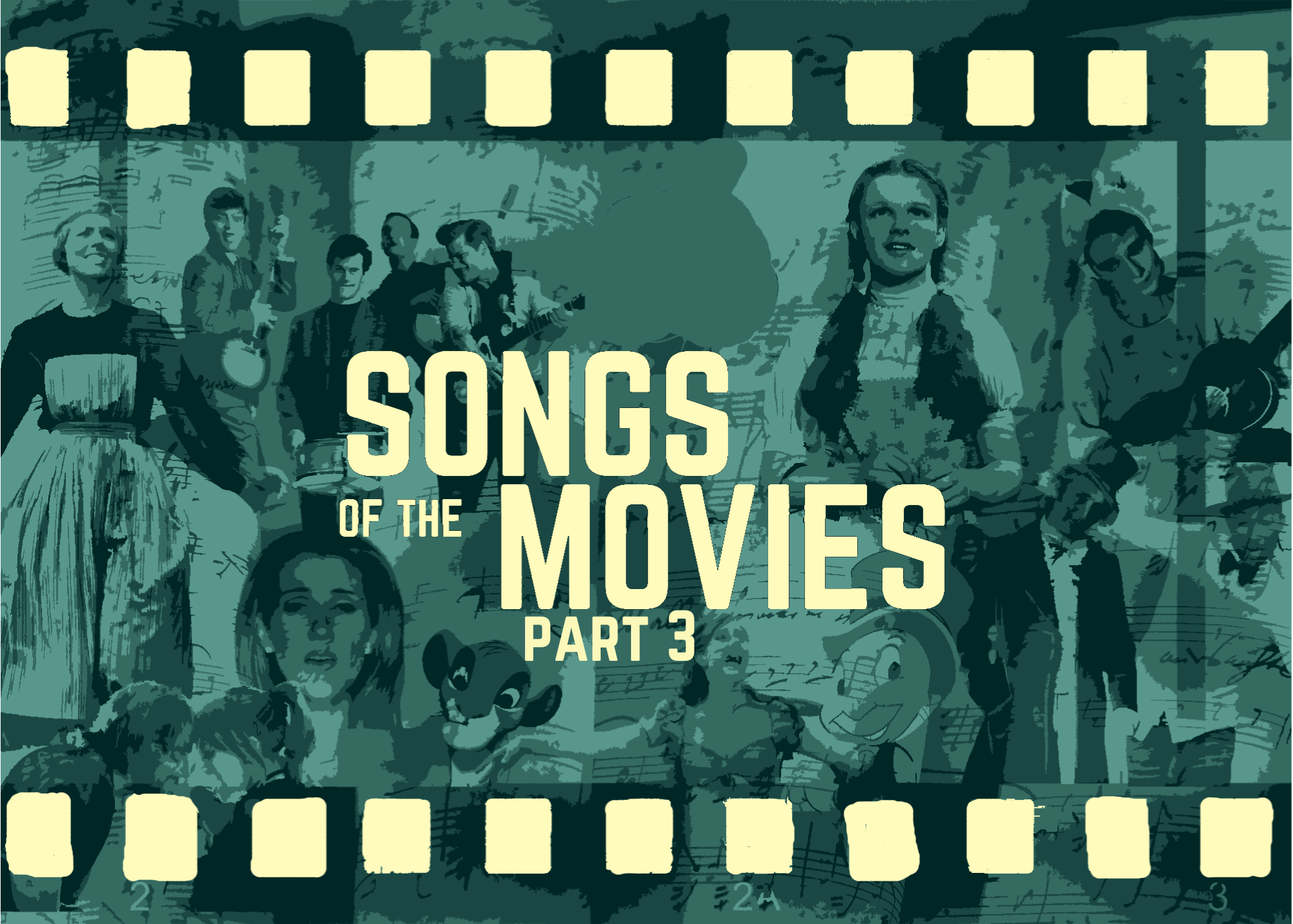
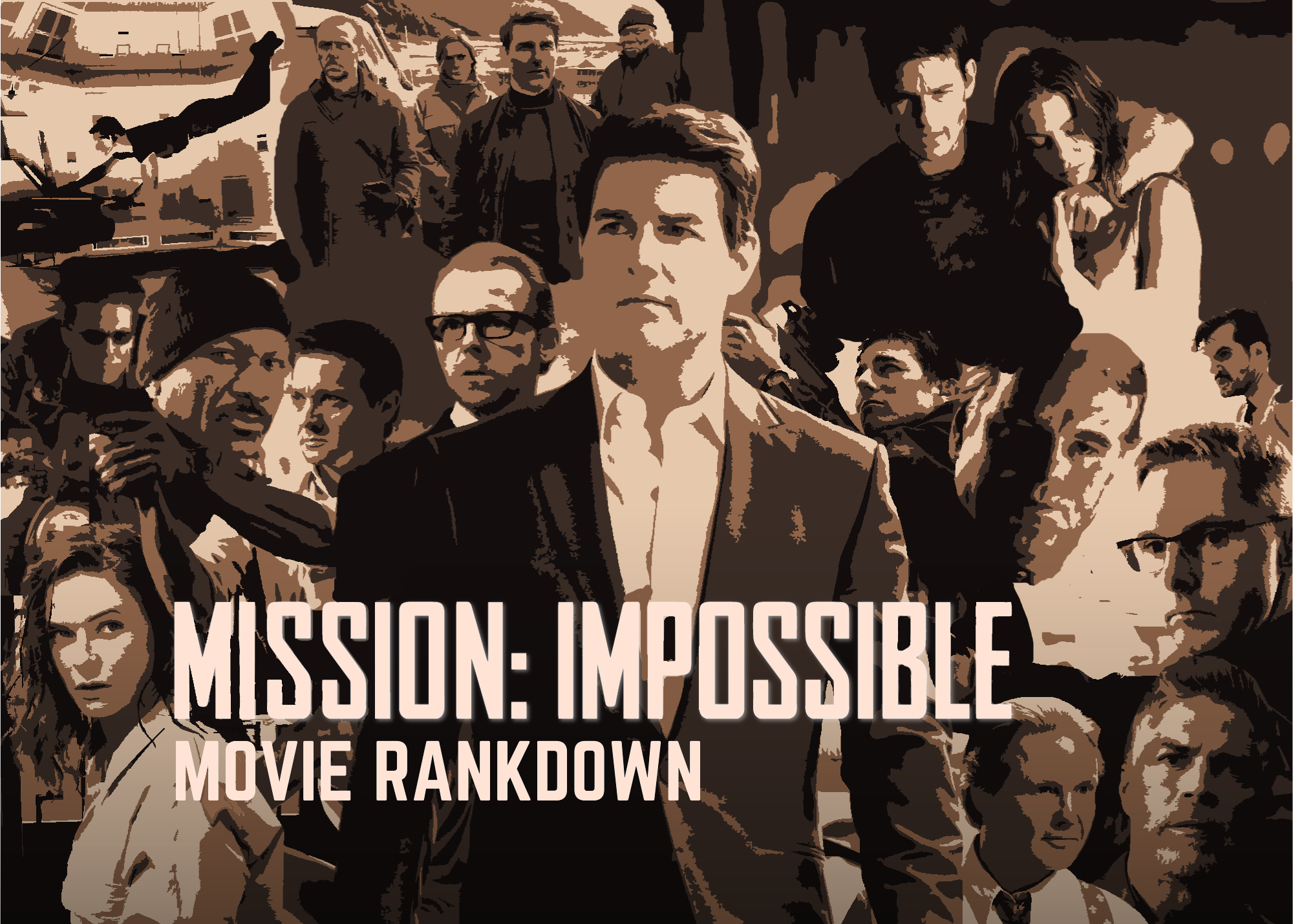



















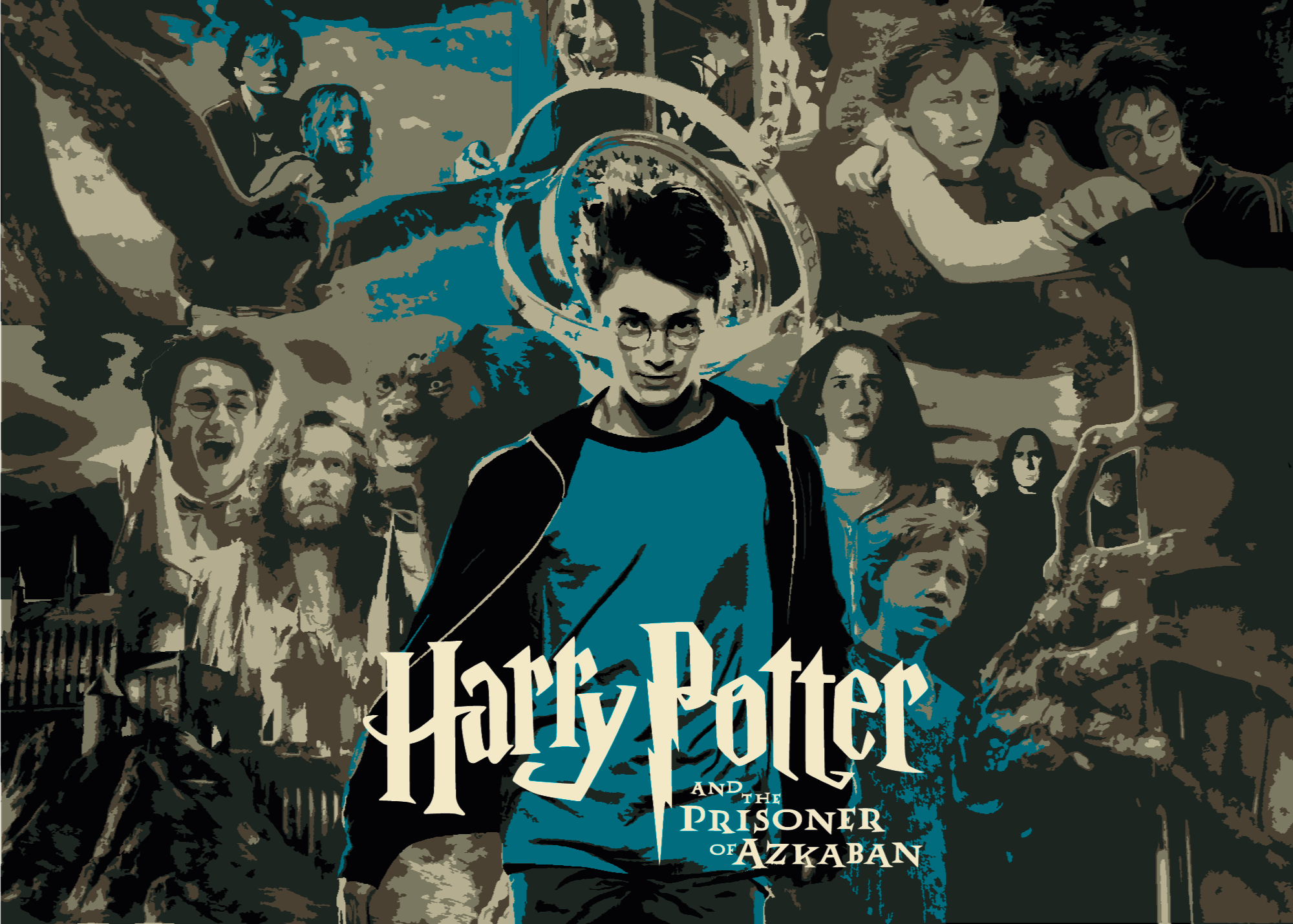














.png)






.png)